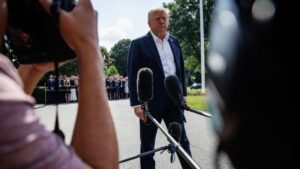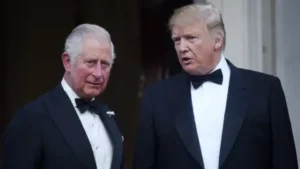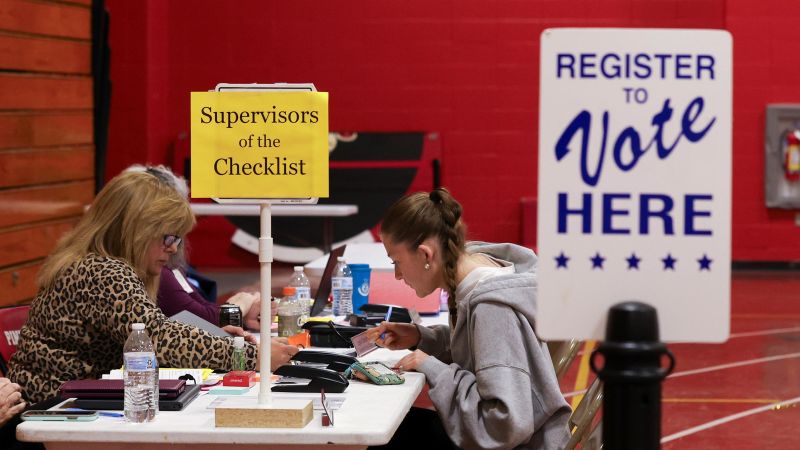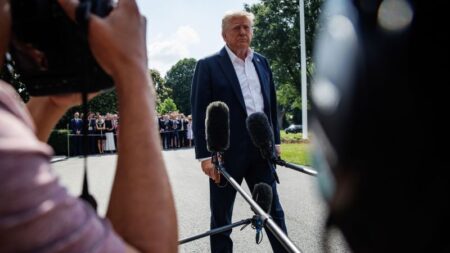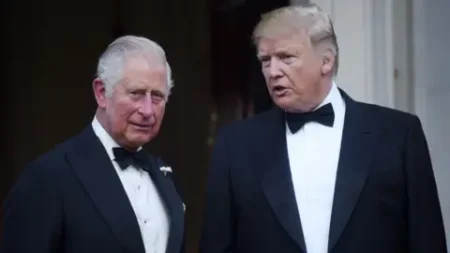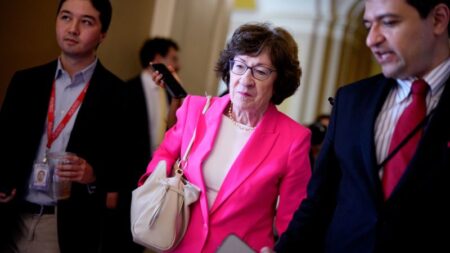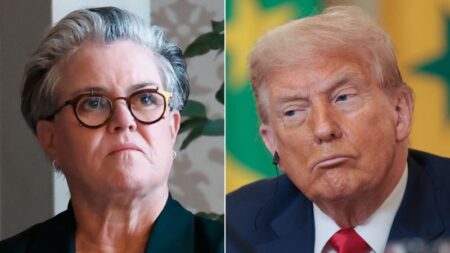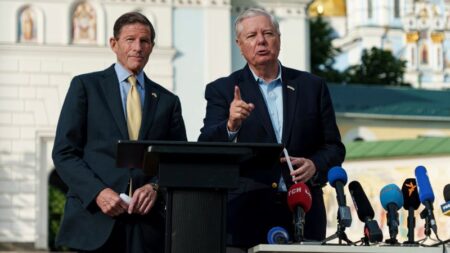A significant legal development unfolded recently with regard to voting rights in the United States, as a federal judge based in Massachusetts issued a ruling on an executive order promulgated by former President Donald Trump. On Friday, Judge Denise Casper blocked certain components of this executive order, which aimed to implement sweeping reforms in the way elections are conducted across the nation. This judicial action reflects ongoing tensions surrounding voting legislation and the complexities associated with voter registration processes.
One of the key aspects of Judge Casper’s ruling was her decision to issue a preliminary injunction against the requirement for individuals to present written proof of U.S. citizenship when registering to vote. This stipulation was a cornerstone of Trump’s executive order, which aimed to enhance the integrity of the electoral process. Additionally, the court action also prohibited the initiative to prevent states from counting mail-in ballots that are received after Election Day. It’s important to note that this latter ruling is specifically applicable only in the states that are part of the ongoing lawsuit.
Opponents of Trump’s executive order have voiced concerns that imposing a requirement for documentary proof of citizenship will serve as a barrier to voter registration, deterring eligible individuals from participating in the electoral process. Existing laws already prohibit non-citizens from voting in federal elections, leading critics to argue that the additional requirement is unnecessary and restrictive. The implications of such barriers could significantly curtail the voting rights of various demographic groups, particularly those who may face challenges in accessing the required documentation.
In her ruling, Judge Casper, who was appointed by former President Barack Obama, highlighted the potential obstacles faced by certain segments of the population, such as college students and immigrants who may not possess easy access to crucial identification documents like passports or birth certificates. This point underscores an essential facet of civil rights: the need for inclusive practices within the electoral system to ensure broad participation by all American citizens.
Judge Casper articulated that the executive order would impose substantial burdens on the states, necessitating extensive efforts and incurring significant costs to alter voter registration procedures. Furthermore, she emphasized that many eligible voters could struggle to provide the requisite documentation, which could ultimately impede their ability to register and vote. Her assertion underscores the critical need for voter registration systems that are accessible and efficient, rather than ones that pose challenges and complications.
The ruling in Massachusetts is part of a broader legal context, as it is one of multiple lawsuits contesting Trump’s election executive order. A coalition of states—including California, Nevada, Massachusetts, Arizona, Colorado, Connecticut, Delaware, Hawaii, Illinois, Maine, Maryland, Michigan, Minnesota, New Jersey, New Mexico, New York, Rhode Island, Vermont, and Wisconsin—have joined forces to challenge the legality and implications of the order. This coalition reflects a diverse array of interests, highlighting the widespread concern over voting rights and electoral integrity across the political spectrum.
Adding to the complexity, a federal judge in Washington, D.C. has previously ruled against the provision that mandated registrants to provide documents certifying their citizenship. This precedent further illustrates the ongoing judicial scrutiny of voting-related legislation and the dynamic nature of the legal landscape surrounding election law in the United States.
As this story develops, the implications of these judicial rulings will continue to unfold. The decisions made by federal judges in these cases will be closely monitored, as they carry significant weight in the ongoing discourse surrounding voting rights and electoral processes in the country. The prospect of changes to voting procedures and restrictions will likely remain a contentious issue as stakeholders advocate for equitable access to the ballot box for all eligible voters. Subsequent developments will be reported as this important legal matter evolves.

